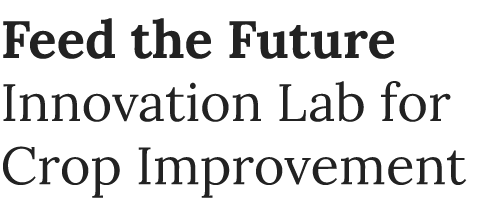Cornell University researchers are partnering on the newly announced Feed the Future Climate Resilient Cereals Innovation Lab (CRCIL), providing plant breeding expertise and powerful computational tools to increase the accessibility of cereal crops for those most vulnerable to hunger and malnutrition.
The $22 million award from the U.S. Agency for International Development (USAID) is led by Kansas State University and includes U.S. and international partners aiming to advance breeding of four major world crops – sorghum, millet, wheat and rice.
“Feed the Future Innovation Labs are driving novel solutions to tackle hunger and poverty,” said Dina Esposito, Feed the Future deputy coordinator and USAID’s assistant to the administrator for resilience, environment and food security. “Advancing this work is critical to generate a pipeline of climate adapted crops so we can strengthen the resilience of small-scale farmers and meet their current and future needs.”
CRCIL incorporates Cornell-led strengths developed through the Feed the Future Innovation Lab for Crop Improvement (ILCI) as well as next-generation plant breeding platforms from Breeding Insight.
CRCIL will collaborate with ILCI to address sorghum and millet crop breeding needs across Feed the Future regions. Their alliance will create a platform for designing complementary cereal breeding projects and accelerate the transfer of climate-resilient enhanced breeding material to ILCI’s cereal variety development activities.
This collaborative effort between the two innovation labs aims to co-develop tools, technologies and methods needed by under-resourced National Agricultural Research Institutes in the target regions. The goal is to create improved varieties of sorghum and finger millet that are resilient to climate change and deliver for the needs of farmers and consumers in local communities, according to ILCI director Stephen Kresovich.
“This partnership between the Innovation Lab for Crop Improvement and the Climate-Resilient Cereals Innovation Lab creates synergies so that innovative genetic tools, technologies and methods can be shared and enhanced,” said Kresovich, professor of plant breeding and genetics in the School of Integrative Plant Science (SIPS) in the College of Agriculture and Life Sciences and the Robert and Lois Coker Trustees Chair of Genetics at Clemson University.
“Building a coordinated, stronger network for crop improvement will provide an essential foundation for the Feed the Future initiative,” Kresovich said. “We hope future USAID efforts in this area also will join with us as well.”
Breeding Insight, a U.S. Department of Agriculture (USDA)-funded project based at Cornell, will catalyze CRCIL efforts through its breeding data platform that streamlines data management and decision support tools. Breeding Insight will enable rapid pairing of genomic and phenotypic data across diverse datasets, facilitating efficient modeling and analysis, according to Moira Sheehan, director of Breeding Insight and adjunct associate professor of plant breeding and genetics in SIPS.
“Feeding the world depends on the engine of innovative research and collaboration, and the fuel that powers it all is data,” Sheehan said. “Breeding Insight has powerful tools for a centralized data management framework to facilitate seamless access and utilization of genomic data, allowing U.S. and international researchers to accelerate the development of climate-resilient crops.”
According to Jagger Harvey, director of CRCIL and a research professor in K-State’s plant pathology department, the team has charted an ambitious and collaborative approach to enriching the climate resilience of genetic materials, like seeds, available to cereal breeders, and ultimately to farmers abroad and in the United States.
“The CRCIL consortium assembles a tailored set of crop-agnostic advanced science expertise, so partner country breeders can super-charge their climate resilience cereal improvement efforts,” Harvey said.
Along with Cornell, other partners include Clemson, Delaware State University, Louisiana State University and the University of Florida; and international partners in South Asia, Eastern and Western Africa and Latin America. Additional support is being provided by RTI International, the African Women in Agricultural Research for Development program and Seeds2B.



